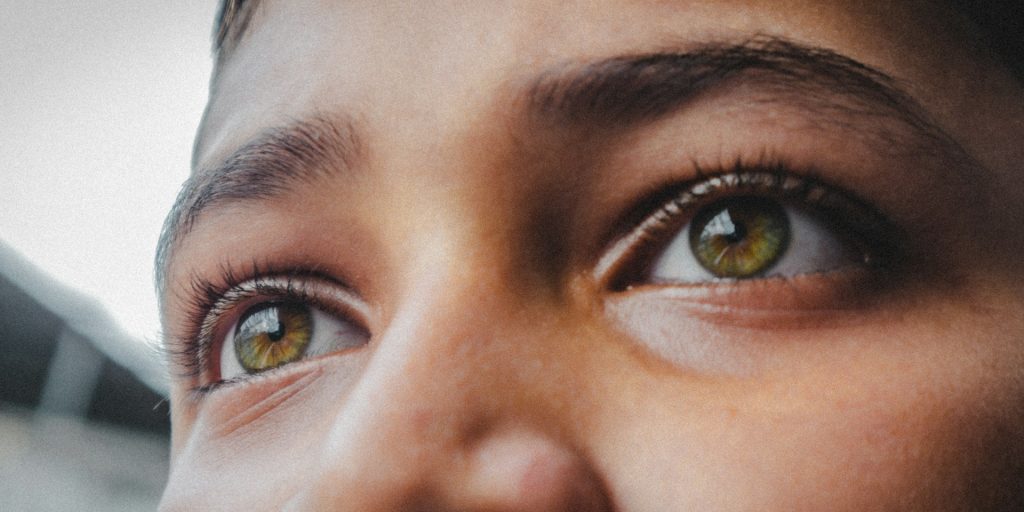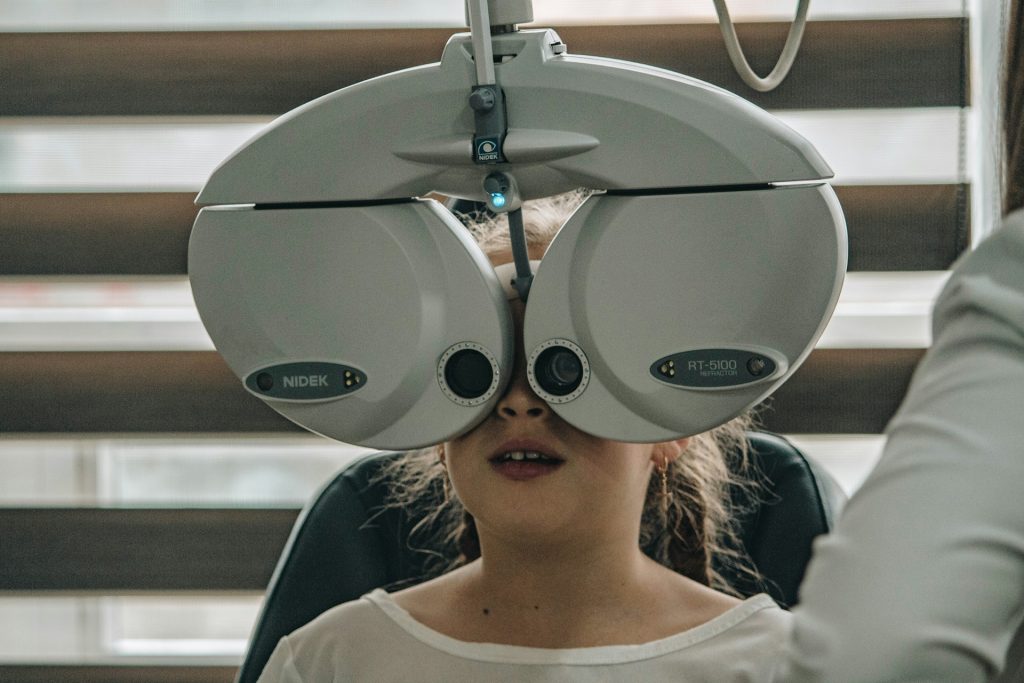Witnessing changes in your vision as you age is inevitable. Colors may seem different, focus may shift, and extra light may become necessary for activities like reading or driving. However, the concern arises – how can you improve your vision and ensure long-term eye health? The good news is that, despite the natural aging process, many vision issues are preventable and manageable through proactive care and simple exercises.

Understanding Age-Related Vision Changes
Age-related vision changes can often be addressed through corrective measures such as surgery, glasses, or contacts. Taking proactive steps to maintain overall health is also crucial for sustaining sharp eyesight. Incorporating simple exercises, like the 20-20-20 rule, can contribute significantly to keeping your vision healthy. Dr. Christopher E. Starr, an ophthalmologist at Weill Cornell Medicine Ophthalmology, recommends taking a break every 20 minutes to look into the distance for 20 seconds, focusing on an object 20 feet away or further.
Many vision problems are treatable or manageable when detected early. However, once vision loss initiates, it may become irreversible. Hence, prioritizing eye care today is essential for safeguarding your vision in the future.
Identifying Risk Factors
Certain factors can elevate the risk of eye or vision problems. Individuals of African American, Latino, or Native American descent, those with a family or personal history of eye issues, and those grappling with conditions like diabetes, Graves’ disease, or high blood pressure are at a higher risk.
Common Eye Conditions and Refractive Errors
Refractive errors, affecting how light focuses in the eyes, are common and often develop in childhood. Conditions such as astigmatism, farsightedness, nearsightedness, and presbyopia can be linked to the eye’s shape. Additionally, age-related factors contribute to conditions like age-related macular degeneration, cataracts, diabetic retinopathy, and glaucoma, which may lead to significant vision loss if not addressed promptly.
Eye Exams as a Preventive Measure
Many eye conditions may not exhibit symptoms in the early stages. A comprehensive eye exam, including dilation, is crucial for early detection of various eye diseases. Tests during an eye exam assess eye muscle function, peripheral vision, pressure, response to light, and vision clarity. Regular eye exams, especially for those with diabetes or high blood pressure, are essential for maintaining eye health.

Natural Approaches to Enhance Vision and Eye Health
In addition to regular eye exams, individuals can adopt lifestyle practices to improve eye health and prevent vision loss:
- Avoid smoking: Smoking is linked to various eye conditions that can impair vision.
- Maintain a balanced diet: Incorporate dark, leafy greens and omega-3 fatty acid-rich fish for overall eye health.
- Exercise regularly: Physical activity supports overall health, which positively impacts eye health.
- Use protective eyewear: Shield your eyes during activities prone to eye injury, such as sports, yard work, or home repairs.
- Prioritize hand hygiene: Wash hands before handling contact lenses to prevent infections.
- Wear sunglasses: Protect your eyes from harmful UVA and UVB rays with sunglasses providing adequate coverage.
- Consider computer glasses: Individuals engaged in extensive computer work can benefit from glasses designed for intermediate distances to reduce eye strain.
- Managing Chronic Conditions for Eye Health
- Managing chronic conditions like diabetes is crucial for maintaining eye health. Individuals with diabetes are at a higher risk for various eye conditions, including cataracts, diabetic macular edema, and diabetic retinopathy. Early detection and treatment can significantly reduce the risk of blindness.
Treatment Approaches for Vision and Eye Conditions
Correcting poor vision caused by refractive errors often involves glasses, contacts, or surgery. Treatment approaches for other eye conditions depend on the cause and severity and may include eye drops, medications, laser treatments, or surgery. Specialized professionals like orthoptists or neuro-ophthalmology specialists may be consulted for specific issues related to eye movement or involvement of the brain in vision problems.
Embracing Proactive Eye Care
A comprehensive eye exam is a fundamental step in caring for your eye health. Early detection of changes in vision is crucial, emphasizing the importance of seeking prompt evaluation from an eye doctor.
“Anybody who has a change in their eyes or vision should go straight to your eye doctor,” recommends Dr. Starr. “It’s better to have it evaluated in the proper fashion than sitting on it and hoping it just gets better on its own.”

In conclusion, maintaining good eye health involves a combination of preventive measures, regular eye exams, and prompt action in response to changes. Taking these steps ensures a clear vision and supports overall well-being.





